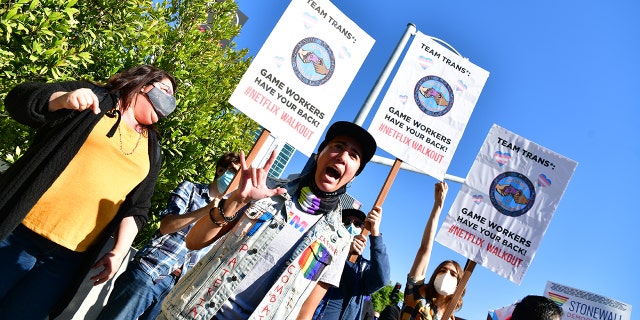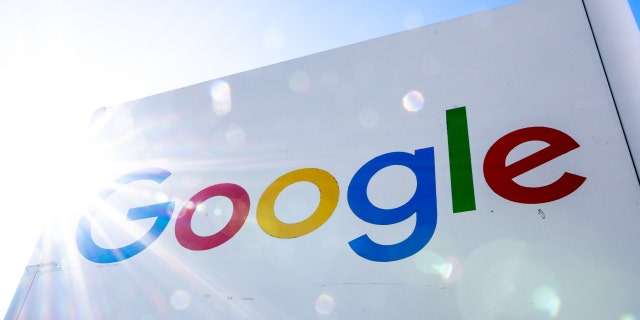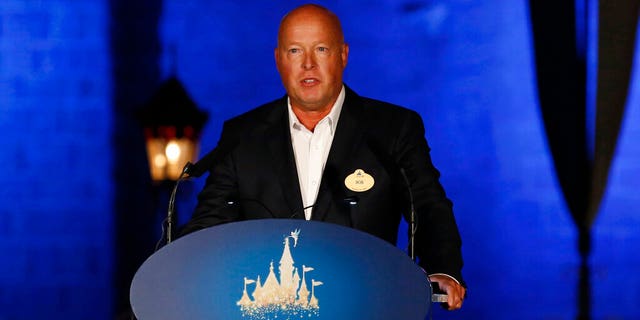The world changed forever in 2016 when then NFL quarterback Colin Kaepernick first took a knee during the national anthem to protest what he called racial injustice and police brutality. The world didn’t change because Kaepernick highlighted the injustices he believed existed; the world changed because the NFL and corporate media told the American people that it is perfectly acceptable to protest at work.
Now office workers across the country are protesting a seemingly wide array of self-identified injustices. Are these office workers trailblazers or simply petulant children who wake up every day, looking to be offended by something… by anything?
Globally, labor has a long history of staging protests. Historically, these protests were organized by unions (or people looking to unionize) to bring attention to low pay or poor working conditions. Today’s protesters are different, protesting their companies and their companies’ position on social issues, or simply complaining about having to return to the office on a part-time basis.

Trans employees and allies at Netflix walk out in protest of Dave Chappelle special on Oct. 20, 2021, in Los Angeles. (Rodin Eckenroth/Getty Images)
On May 31, a group of Amazon employees based in Seattle marched out “to protest the retail giant’s contribution to the climate crisis, as well as job cuts and mandates to return to the office. Organized by Amazon Employees for Climate Justice, the walkout included several hundred employees.”

Google was one of the first tech giants whose employees protested company policies. (Marlena Sloss/Bloomberg via Getty Images)
This phenomenon is not relegated only to high-tech corporations.
In 2019, Wayfair employees walked out of the “Boston-based furniture company’s Copley Square headquarters over executives’ refusal to back out of a sale to a government contractor furnishing a federal detention center for migrants near the U.S.-Mexico border.” Employees also sent a letter to management stating, in part, “we believe that the current actions of the United States and their contractors at the southern border do not represent an ethical business partnership Wayfair should choose to be part of.”
What is fueling this “right to protest” at work movement? The majority of U.S. “employees, especially millennials, believe they have the right to speak up about issues that impact society, according to a report from Weber Shandwick. Nearly 40 percent of U.S. workers said they have raised their voices to support or criticize their employers’ actions regarding a controversial issue affecting society. Most hope to gain the attention of other employees (46%) and top leaders at their organization (43%).
The true test will come as employees’ social protests cause a company to lose customers and value. Disney serves as an example of what happens when a company allows a small group of “hurt” employees to dictate corporate policy.

Former Disney CEO Bob Chapek (AP Photo/Kin Cheung, File)
Disney employees staged protests and walkouts in response to the company’s perceived silence about Florida’s so-called “don’t say gay bill.” The organizers demanded Disney stop making campaign contributions to politicians supporting “the Florida measure and to develop a plan to protect employees from such legislation.”
CLICK HERE TO GET THE FOX NEWS APP

